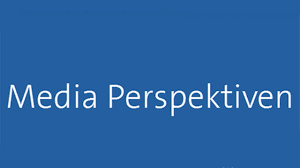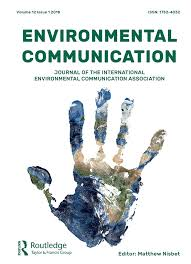Key points
> Eine breite Mehrheit unterstützt Klimaschutz, aber erstmals seit mehreren Jahren sinkt die Unterstützung für klimapolitische Maßnahmen deutlich, während die Anzahl der Menschen steigt, die die Existenz des anthropogenen Klimawandels bezweifeln.
> Das Vertrauen in die Klimawissenschaft ist nach wie vor hoch, ging 2023 aber seit 2015 erstmals deutlich zurück.
> Das öffentlich-rechtliche Fernsehen bleibt die wichtigste Informationsquelle zu den Themen Klimawandel und Klimapolitik, die Nutzungshäufigkeit ist aber rückläufig. Die Nutzung von Informationen im öffentlich-rechtlichen Fernsehen sowie im Radio hängt positiv mit klimafreundlichen Einstellungen zusammen.
> Persönliche Gespräche zum Thema Klima werden seit 2019 deutlich seltener.
> Die Nutzung von Informationen des öffentlich-rechtlichen Fernsehens sowie des Radios hängt positiv mit klimafreundlichen Einstellungen zusammen; je mehr BILD gelesen wird und je mehr soziale Medien thematisch genutzt werden, desto eher bezweifeln Befragte die Existenz des anthropogenen Klimawandel.
Reif, Anne; Guenther, Lars; Tschötschel, Robin; Brüggemann, Michael. (2024). Rückschlag für den Klimaschutz: Wandel der Einstellungen und Kommunikation zu Klimawandel und Klimapolitik von 2015 bis 2023. Media Perspektiven 14/2024.



